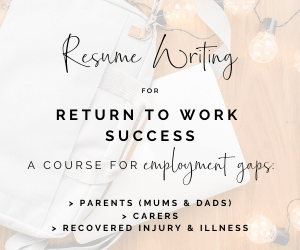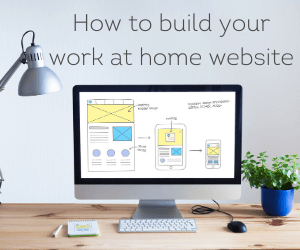The chances are, you are reading this because you are a home-based freelancer and are wondering how you can take your client outreach to the next level. It’s a constant headache, as we are all familiar with the struggle to boost business at certain times.
A little while ago I wrote in this blog post about becoming a freelance writer. Following these tips is a great way to get started in any freelance industry and build a client base, but today I want to focus on what, for many people, is the big question that looms over them: should I get my own website?
It may seem like a big undertaking, but the short answer is yes. There are a few key reasons why setting up a website for your freelance work should be today’s priority, and here I am going to spell them out for you.
Brand Yourself
The easiest way to communicate quickly and directly about your work is with a website that reflects your professional focus. Whether you work across a broad spectrum of topics or have a niche interest, this is the place to display it. If your website can leave a long-lasting positive impression on visitors, you can score new clients without lifting a finger.
Credibility
It’s 2017; almost every business out there has some kind of online presence. Chances are, people will want to read a little bit about you and see that you have credible work experience before arranging a meeting. Ensuring that you have a well-designed website with contact information and a privacy policy is a central part of instilling trust in potential clients.
Showcase Your Portfolio
Your freelance career is centred ultimately upon your output: give it centre stage! By displaying your portfolio in a logical, eye-catching way you are showcasing your biggest selling point. Give yourself the best possible advantage by ensuring visitors to your site can quickly find examples of your work with links to any further publications you have.
Anchor Your Social Media Platforms
If your work relies on visual media or is tied to a local community, social media can be a great way to spread the word about your practice. A website with icons to your Facebook/ Twitter/ Instagram will enable visitors to easily move between these different platforms.
But how do I set up my own website?
This is where it really helps to know exactly what you are hoping to get out of your website. Depending on your job focus, your website may require different functions and levels of technicality. There are however a few core things to keep in mind when approaching your website build.
Good Design
It seems obvious to say, but it really is important that your website looks good and is easy to use. If you aren’t a hot-shot web designer you need not worry; these days, many web hosting companies offer website templates that enable you to simply pick an option you like and get started. There are various options out there to pick from, so you are sure to find something that will suit you.
Contact Info
It might sound obvious to say, but make it easy for people to find your contact information. Try to make it visible on every page. No matter how great your website is or how convincing your portfolio, if a client cannot find your contact information they simply will not hire you.
Reviews
Wherever possible, always ask clients for some feedback about your work and request permission to make this publishable. Having positive reviews on your website creates an impression that you are experienced and great to work with. Strengthening this sense of trust will ultimately make people better inclined to work with you.
Maintaining Your Website
After you have gone to the trouble and effort of setting up your website, keep in mind that you will need to keep it regularly updated. The various dangers of an old and outdated website are well documented, and if left neglected for too long your site could end up doing your business more harm than good. Be sure to keep your most up-to-date work documented in chronological order and your contact information correct
Clearly there is no ‘one size fits all’ rule to creating your own website as a freelancer, but if you manage to accurately reflect your business and make a positive impression on visitors your business will certainly reap the rewards.
If you want to get started building your own website, then the How to Build Your Work At Home Website course is a great place to start.






